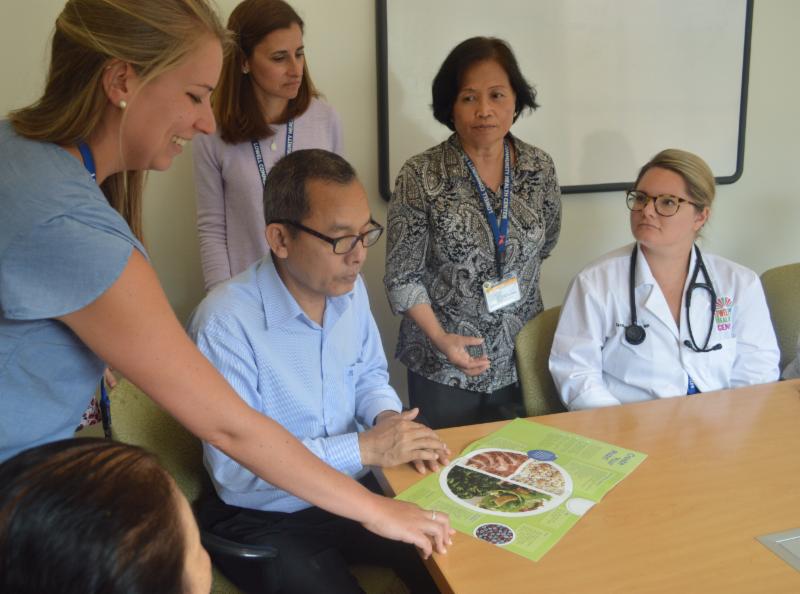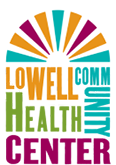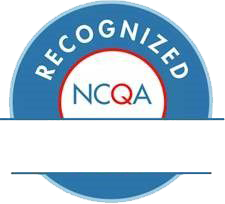It’s a New DEAL at Lowell Community Health Center
 Thanks to a $50,000 grant from the Theodore Edson Parker Foundation Lowell Community Health Center (Lowell CHC) will soon have the tools to improve diabetes self-management among 100 of its Medicaid patients through our DEAL (Diabetes Education and Access for Life) Program.
Thanks to a $50,000 grant from the Theodore Edson Parker Foundation Lowell Community Health Center (Lowell CHC) will soon have the tools to improve diabetes self-management among 100 of its Medicaid patients through our DEAL (Diabetes Education and Access for Life) Program.
In particular, the Parker Foundation grant will support the first phase in development of the Health Center’s Nutrition Resource Center (NRC) to educate and engagement patients in chronic disease self-management, with a focus on uncontrolled diabetes.
“This grant has a special purpose for me. When I was a teenager, I had a friend with diabetes, so I was exposed to a lot of feelings about this particular disease. It was quite astonishing to learn that diabetes affects 13% of Lowell CHC patients. We had to support this project, knowing that it would have such significant impact. It’s very satisfying to support a project with direct benefit on the community,” said Newell Flather, Theodore Edson Parker Foundation President.
Mirroring a national trend, Type II (sometimes called non-insulin-dependent) Diabetes is a growing issue at Lowell Community Health Center (Lowell CHC), where it affects almost 13% of Health Center patients. People with diabetes are at risk for hypertension, heart disease, and other potentially debilitating chronic conditions. The burden on patients and on the health care system is tremendous. As part of the new Wellforce Care Plan, an Accountable Care Organization, Lowell CHC is committed to significantly improving outcomes for its diabetic patients, in particular lowering A1C levels – which measure average blood sugar levels over a three-month period – to reduce complications from this chronic condition.
“This is a challenge for everyone because diabetes can be difficult to control. It is unrelenting, requiring self-management on a daily, even hour-to-hour basis, watching what you eat, how much exercise you get, and managing medications,” noted Dr. Randi Berkowitz, the Health Center’s chief medical officer. “It also requires knowledge. If you don’t speak the language, have limited literacy, or are simply overwhelmed with life day-to-day, it can easily spin out of control.”
The NRC, Dr. Berkowitz said, is designed to help patients feel less alone in dealing with their diabetes while providing resources such as transportation, home visits by bi-lingual Community Health Workers, medication management, food vouchers and cooking classes, and culturally appropriate resource guides, all to enhance self-management long-term.
The NRC is scheduled to open in July. It will provide supports for patients like Zalina, for whom the diagnosis of diabetes left her fearful and overwhelmed. She was unsure how to control her blood sugars because anxiety made her eat “whatever I can find,” all day long. For Zelina, that meant mostly processed foods from the corner store. She needed education to maintain healthy blood sugars, emotional supports, and guidance how to obtain and cook nutritious foods on a limited budget. This significant funding from the Parker Foundation will support coordinated, culturally sensitive and timely care to help Zelina and patients like her feel confident about their ability to manage disease and live a full, productive and healthy life.


